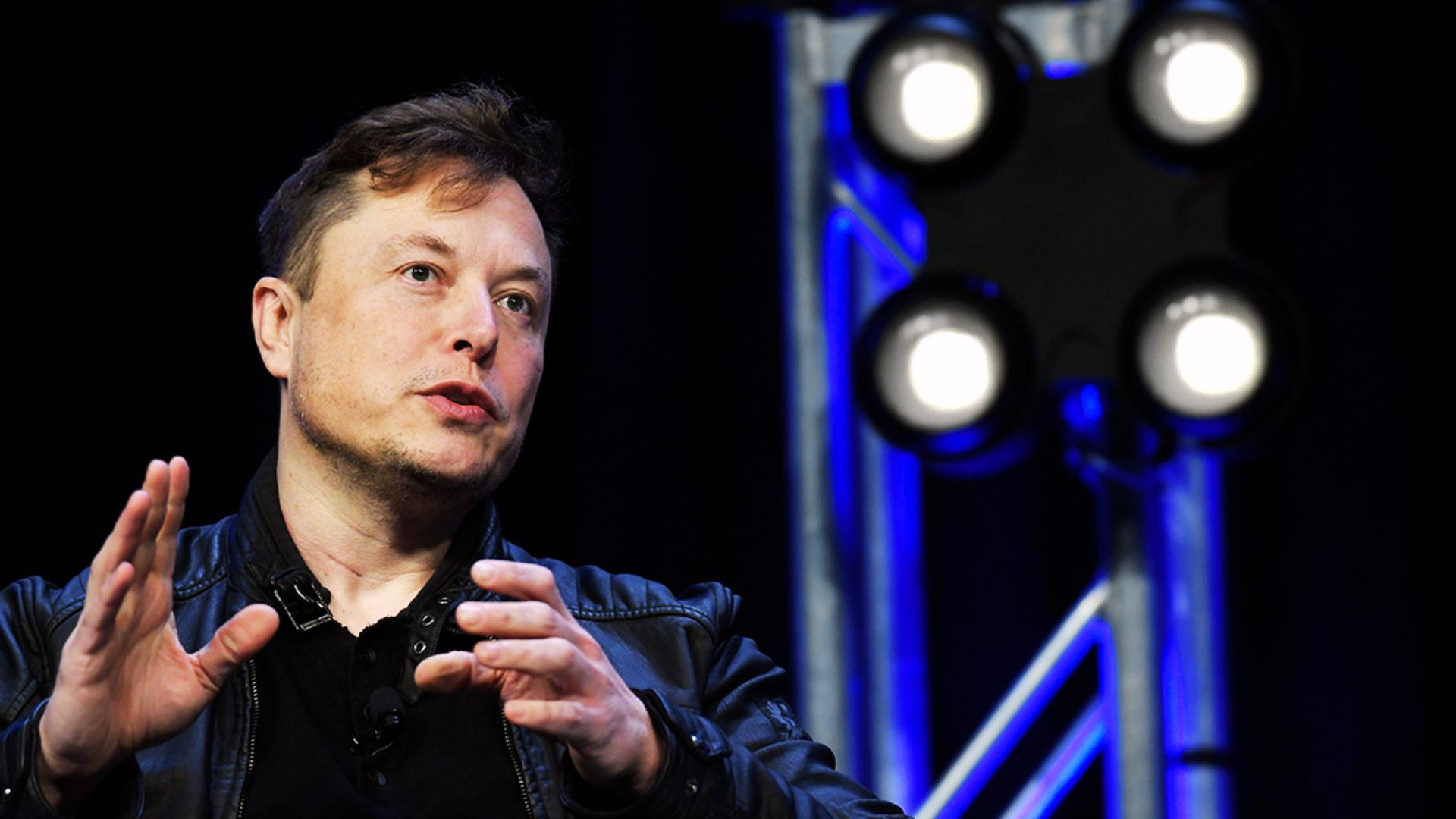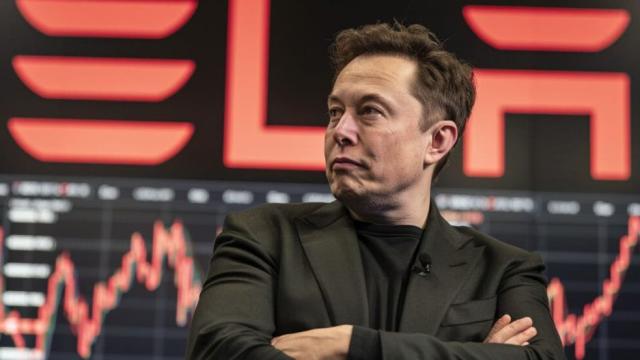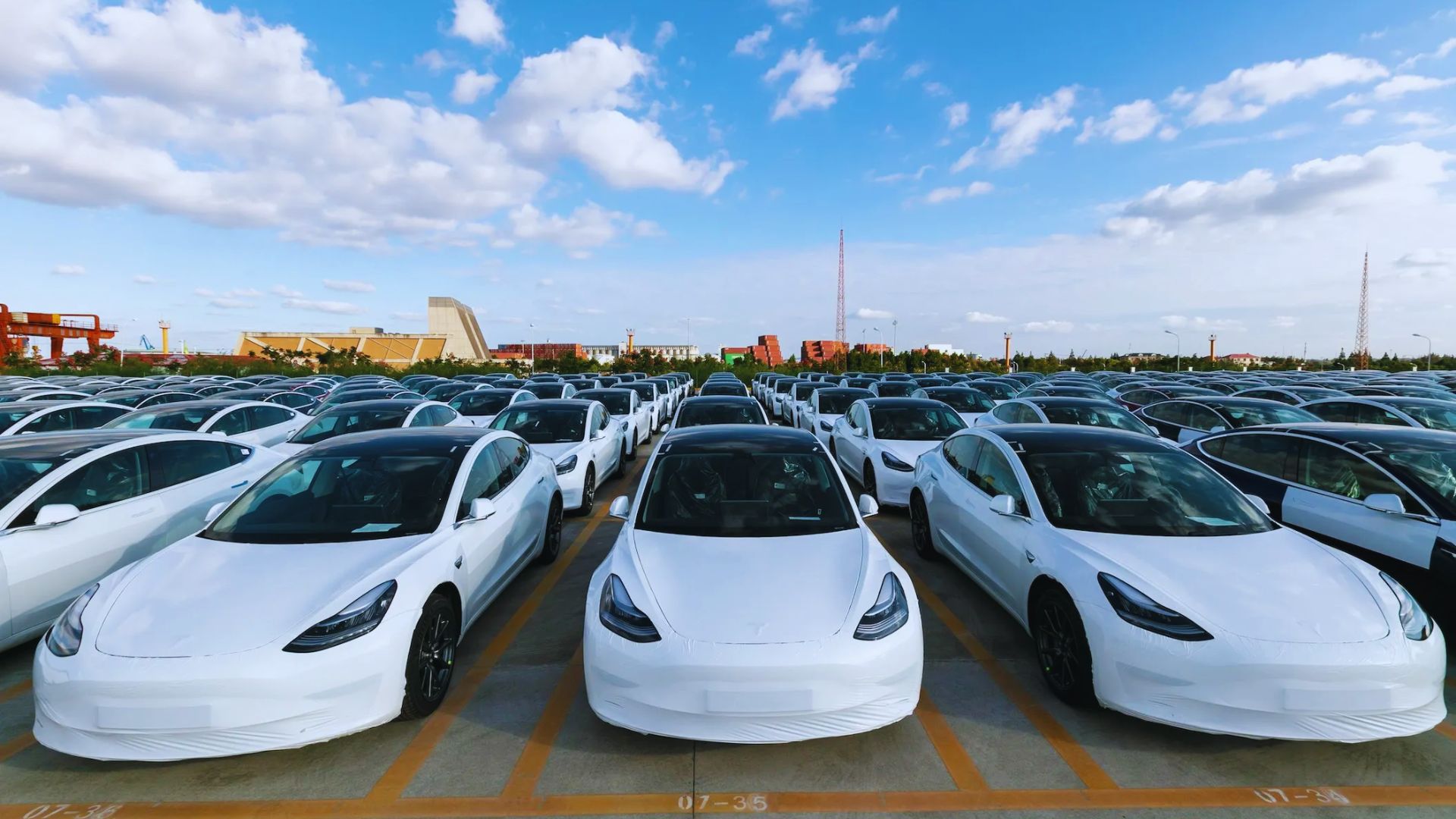Elon Musk‘s commitment to self-education has profoundly shaped his leadership style and decision-making across his entrepreneurial ventures.
Elon Musk, the visionary behind companies like Tesla, SpaceX, and Neuralink, is often lauded for his innovative ideas and groundbreaking ventures. However, what’s equally intriguing is his approach to learning. Without formal training in rocket science or automotive engineering, Musk has led companies to the forefront of these industries. His secret? A relentless commitment to self-education.
This article delves into Musk’s unique approach to learning on the fly and how this self-taught knowledge has influenced his management decisions, shaping the trajectory of his companies.
The Autodidact’s Journey
Musk’s journey into self-education began early. As a child, he was known to read for over 10 hours a day, consuming books ranging from encyclopedias to science fiction. This voracious reading habit laid the foundation for his future endeavors. When he envisioned SpaceX, Musk didn’t hire a team of rocket scientists immediately. Instead, he bought textbooks on rocket propulsion and taught himself the fundamentals.
This deep dive into the subject matter allowed him to engage meaningfully with experts when he eventually brought them on board.
Influence on Management Decisions
Musk’s self-education has had a tangible impact on his management style. By understanding the technical intricacies of his ventures, he can make informed decisions. For instance, when Tesla faced challenges with its Roadster’s transmission, Musk’s grasp of the engineering challenges enabled him to guide the team towards a solution. Similarly, at SpaceX, his understanding of rocket propulsion has been instrumental in making cost-saving decisions without compromising on quality or safety.
His hands-on approach, driven by his self-taught expertise, ensures that he’s not just a figurehead but an active participant in problem-solving.
Real-Life Case Study: The Hyperloop Vision
A prime example of Musk’s self-education influencing a project is the Hyperloop concept. While not directly a Musk company, the idea was his brainchild. He envisioned a high-speed transportation system in low-pressure tubes, drastically cutting travel time between major cities. Without formal training in transportation engineering, Musk delved into the physics and technicalities, producing a 57-page white paper detailing the concept. This document, a testament to his self-taught knowledge, laid the groundwork for companies like Virgin Hyperloop to take the idea forward.
It showcased how Musk’s commitment to learning allowed him to conceptualize a revolutionary transportation system.
Conclusion
Elon Musk’s approach to self-education underscores the importance of continuous learning, especially in today’s rapidly evolving world. His ability to teach himself complex subjects and apply that knowledge to real-world challenges is a testament to the power of self-driven education. While formal training has its merits, Musk’s journey highlights that passion, curiosity, and a commitment to learning can break barriers.
For aspiring entrepreneurs and leaders, Musk’s story serves as a reminder that the quest for knowledge, whether in classrooms or independently, can be the driving force behind innovation and impactful decision-making.




